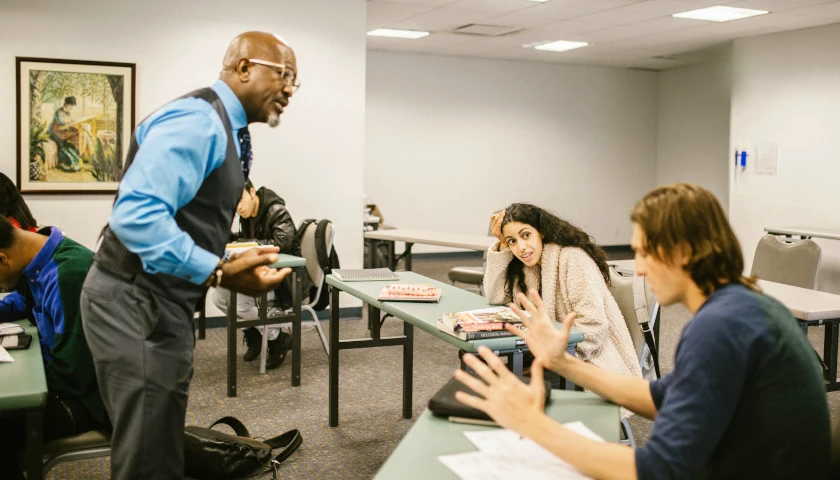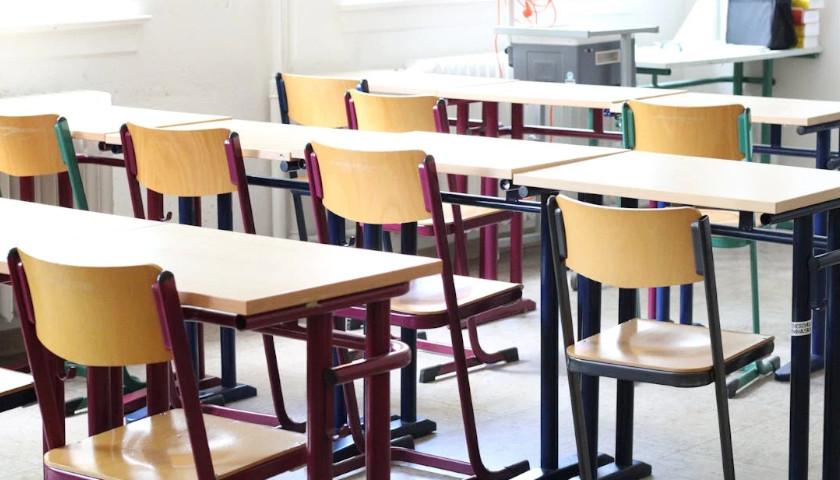by Lauren Jessop
As the first day of school nears across Pennsylvania, the undone budget will leave the poorest districts without the earmarked funds the state promised.
Teachers, administrators, and advocates recently told the House Education Committee that without the money, schools can’t address worker shortages, or provide mental health support, programs for pandemic-induced learning loss, technology upgrades, and building maintenance.
And even when those dollars come their way, they said, the supplemental appropriation isn’t enough to address the issues long-term.
It’s a problem Commonwealth Court reaffirmed when it issued a landmark ruling in February deeming the state’s school funding formula unconstitutional. Dan Urevick-Acklesburg, a senior attorney with the Public Interest Law Center, said that a child entering kindergarten at the time the lawsuit was filed in 2014 would now be in high school.
“They’ve gone the entire time in schools that are unconstitutionally underfunded,” he said.
The center represented several districts, families, and advocacy organizations in the court case. Urevick-Acklesburg said this year’s $100 million infusion into Level Up, which provides funding for 100 of the state’s most needy school districts, serves as “the first installment of a long overdue down payment.”
“Next year it must mean a system that begins providing adequate education funding,” he said.
The first budget passed since the court ruling includes a $717 million increase for K-12 education overall. However, money for several programs, including Level Up, will sit untouched until lawmakers return to Harrisburg to approve “code bills” – the blueprints for how the state will spend the money appropriated in the budget the governor signed earlier this month.
Committee Majority Chairman Rep. Peter Schweyer, D-Allentown, said delayed payments are the last thing schools should have to worry about because of “a stupid process where people worry more about elbowing their way and finding leverage inside of the building, and not looking at how we’re actually impacting the lives of human beings we are elected to serve.”
Minority Chairman Rep. Jesse Topper, R-Bedford, said he hopes by next year a new, better formula will exist, such as one that calculates a base number per pupil and then considers a district’s tax base constraints.
He also suggested transitioning the budget to a calendar year, giving schools more time to plan, to which the administrators at the hearing responded positively.
“I’m okay with all of these options being on the table because they’re the real difficult discussions that we’ve avoided having over the years,” Topper said.
– – –
Lauren Jessop is a contributor to The Center Square.





